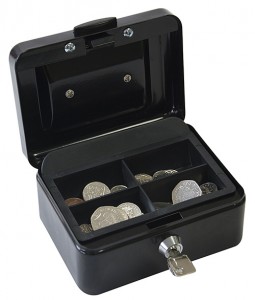Experian’s expertise and insight on data security, in a report published recently, has highlighted a gender imbalance. Men are now victims in two out of three ID thefts (63%) across all financial product applications. The report tells us that criminals making bogus current account applications have been targeting men aged between 50 and 59 (up 3.4%), most during the first six months of 2015. This age group now accounts for nearly one in five (17.6%) current account ID thefts attempted against men.
Nick Mothershaw, UK&I Director of Identity and Fraud at Experian, comments:
“Fraudsters are widening their net and we are seeing a growing number of cases involving older members of society. Older individuals in this category often have a good credit rating and have lived at the same address for a long time. Individuals need to be careful of websites and emails asking for personal information, such as confirmation of their date of birth. This information is then used by criminals to apply for new financial products.”
Ten tips from Experian are included in their latest report:
1. Always shred or destroy documents that contain personal information before throwing them away.
2. Never respond to cold phone calls or emails asking for account details, PINs, passwords or personal information.
3. Don’t give too much away on networking websites. For example, pets’ names or children’s names could be used as passwords.
4. Register to vote at your current address. If you don’t, thieves could use your previous address details to open new credit accounts, and run up debts in your name.
5. Monitor your post regularly so you know when to expect important documents — and when to act if they don’t arrive.
6. Redirect your mail via the Post Office if you move house.
7. Always use secure, unique passwords for as many online accounts as possible, and ideally all of them. At the very least have a unique password for each type of service provider such as financial services, retail services and email.
8. Don’t store account names and passwords on your smartphone, either in email, as a note, or to ‘autocomplete’ when you open a website or app. It will be a goldmine for fraudsters if your device is lost or stolen.
9. Read all bank and card statements regularly to check for suspicious transactions.
10. Check your credit report, because it lists your credit accounts and what you owe, so you can spot applications and spending that are nothing to do with you.
Sources: www.experian.co.uk (Published report 2015/09/28)
If this blog has raised any questions why don't we have a quick chat?

MD & Certified Financial Planner
A brief meeting might be of interest, especially if you’re unsure just how wealth management and financial planning could help you.
It would only require the investment of an hour or so of your time, and the coffee’s not bad either.
